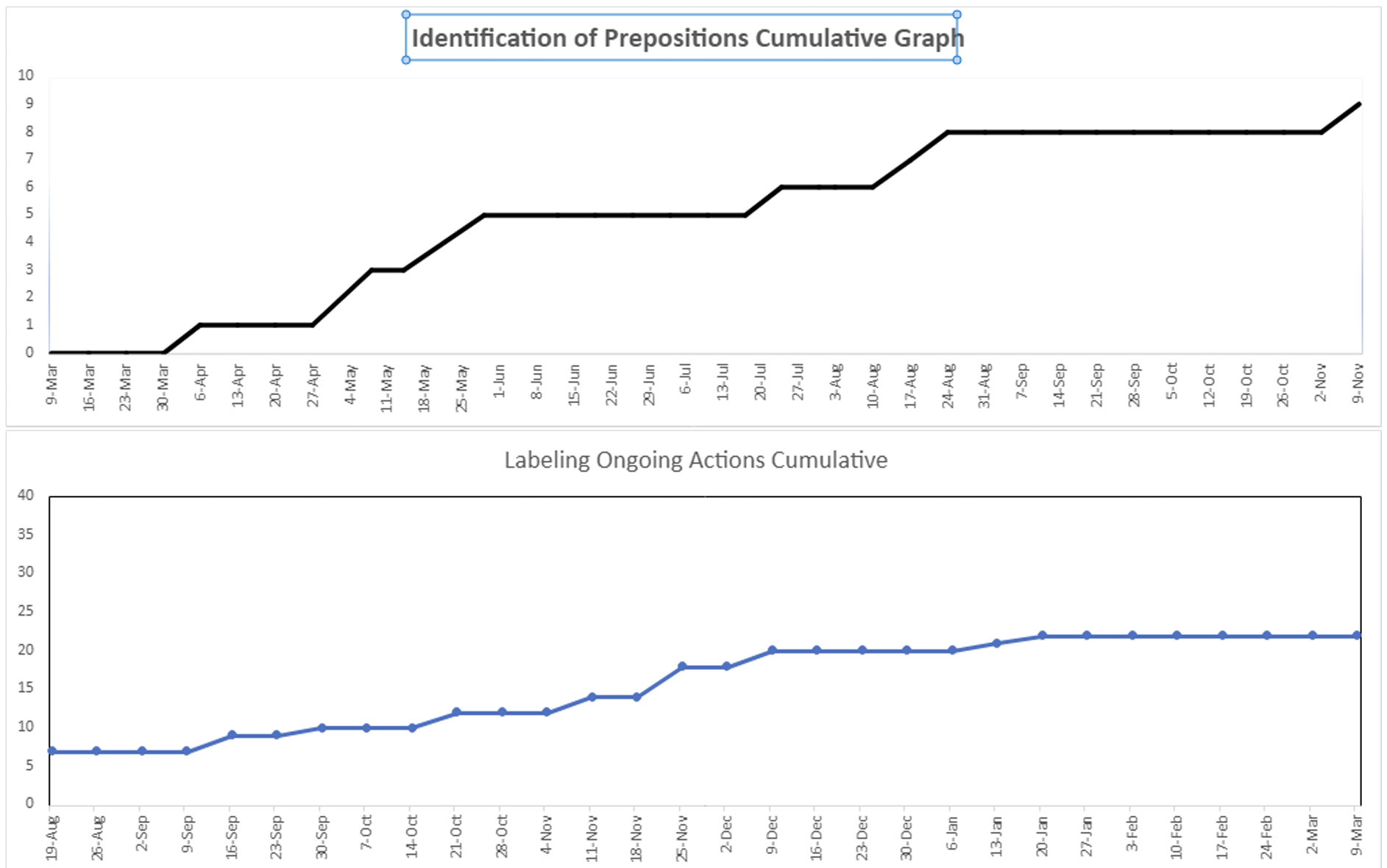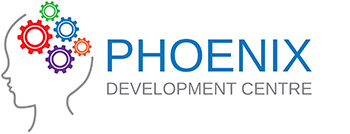Children
This service is eligible for coverage through OAP funding and may also be reimbursed by health care benefits (insurance providers)
Assessments
Understanding an individual’s abilities and challenges is essential for effective skill development. To achieve this, the team conducts thorough assessments to identify areas of strength, deficits, and excesses. Based on these findings, we develop personalized goals, which are then reviewed and approved by the parent or caregiver. The progress of each child largely depends on their capacity to adopt new habits, absorb information, and the level of parental involvement to ensure generalization across environments.
Phoenix Development Centre provides comprehensive skills and behavioral assessments to identify specific needs. These assessments are tailored to the goals and requirements of parents and caregivers, incorporating methods such as observations, interviews, and standardized testing.
All assessment tools are administered by trained teaching staff, and available options include, but are not limited to, the following:
- Verbal Behaviour Milestones Placements Program (VB-MAPP)
- Assessment of Functional Living Skills (AFLS)
- Assessment of Basic Language and Learning Skills – Revised (ABLLS-R)
- Promoting the Emergence of Advanced Knowledge-Comprehensive Assessment (PEAK-CA)
- Vineland Adaptive Behaviour Scales – Third Edition
- Behaviour Assessment System for Children, Third Edition (BASC-3)
Skill Building Development
Following the completion of assessments, skill-building programs are carefully designed to align with the individual client’s strengths and needs. Conducting learning sessions within the home or community environment offers numerous advantages. One key benefit is the ability to teach target skills and behaviors within the context where they naturally occur, such as brushing teeth or completing household routines. Another significant benefit is the ease with which newly acquired skills can be generalized to primary caregivers and across various environments.
By focusing on a more natural setting, clients have the opportunity to practice and reinforce learned skills alongside others, fostering meaningful progress. Additionally, structured school routines help prepare children for successful integration into community life. Examples of skill-building programs include:
- Toileting
- Nighttime Routines
- Eating Habits
- Toothbrushing
- Value of Money
- Budgeting
- Figures of Speech
- Walking home alone and safe
- Learning to eat new foods
- Nail clipping
Parent Meditated intervention
A smaller number of goals is developed, and parents/caregivers are the ones implementing the strategies. Strategies are modelled and shown to the parents/caregivers in the weekly visits by the teaching staff. This service can be accessed in-person or virtually.
Case Study 1 -Language Development
This example highlights a 12-year-old child with autism and moderate cognitive impairment. While they could speak, they had difficulty expressing information clearly and accurately. To support their language development, we focused on teaching key skills such as identifying prepositions (like “on” or “under”) and describing actions happening in the moment.These strategies helped expand the child’s vocabulary and improve their ability to follow simple instructions such as “put the book on the table” or indicate what they or other people were doing in everyday situations. The graph below shows their progress—learning may have been slow, but it was steady, and each individual objective made a difference in helping them express their wants/needs more effectively.


Case Study 2: Behaviour Reduction
The next case involves a 10-year-old individual who engaged in touching people’s faces as a means to seek a unique form of attention and delay engagement in required tasks. Through a highly effective intervention, this behavior was significantly reduced, leading to a noticeable improvement in social communication skills and tolerance for engaging in non-preferred activities.A key component of this intervention was the introduction of negotiation skills, which not only supported immediate behavior change but also served as a catalyst for the development of broader essential abilities. As the individual learned to negotiate effectively, they naturally acquired self-advocacy skills, emotional regulation, and problem-solving abilities. Additionally, this process enhanced their capacity for empathy and perspective-taking, compromise and flexibility, decision-making, and conflict resolution, all contributing to greater independence and adaptive social interactions.

Case Study 3: Behaviour Reduction
The following case involves a 17-year-old individual who engaged in inappropriate public exposure, including incidents at school playgrounds, public spaces, and within the home. Through a targeted intervention, there was a significant reduction in both actual occurrences and attempts across all environments, effectively minimizing the risk of police involvement due to the severity of the behavior.The success of this intervention was largely attributed to the collaboration and commitment of all involved parties, including caregivers, educators, and support professionals. Their coordinated efforts ensured consistent reinforcement of appropriate behaviors, fostering long-term improvements, greater social awareness, and safer community interactions.


